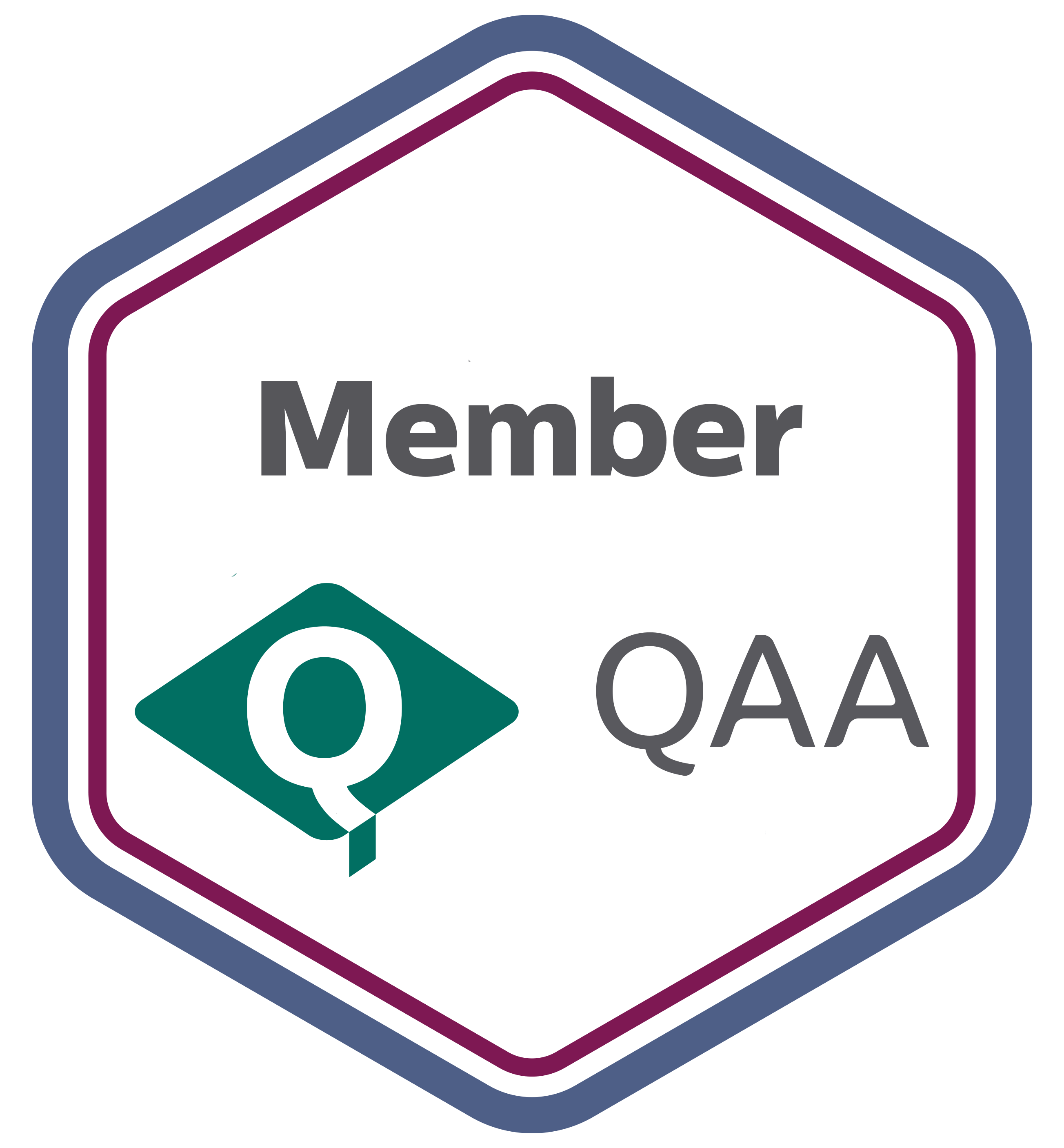Uniformed Services Level 3
Uniformed Services Level 3 qualifications are targeted at learners who would like to gain employment in the uniformed public services sector, for example police force, fire and rescue service, prison service or armed forces. The qualifications are suitable for those who would like to enter employment in an operational role or in an office-based role supporting the uniformed public services.
In addition to your main programme, you will also engage in activities to develop your English, maths and employability skills.
BTEC Level 3 National Foundation Diploma in Uniformed Protective Services
| Level | Level 3 |
|---|---|
| Location | Colchester |
| Duration | Two years: Year 1: Foundation Diploma | Year 2: Extended National Diploma | Two Years: Extended National Diploma |
| Study Mode | Full-Time |
| Campus / Adult Skills Centre | Colchester Campus |
| Start Date | September 2026 |
| Fee(s) | 16-18 year olds: Free 19+: £6,602 This fee covers the whole two year course |
| Awarding/Validation Body | Pearson |
Other courses in this area
Disclaimer
All fees, prices and funding information shown on this page are for courses starting in the 2025-26 academic year unless stated otherwise, and are correct at the time of entering/printing information, however these may be subject to change due to factors outside of our control. The College cannot accept legal or financial liability as a result of any such changes.
Courses fees are generally not confirmed for September until June / July due to the above factors.
The course information describes programmes offered by Colchester Institute. The College takes all reasonable steps to provide courses as described, but cannot guarantee provision. The information is for guidance and does not form any part of a contract.
The College reserves the right to update and amend information as and when necessary. Colchester Institute will do its best to provide the courses shown, but may have to modify or withdraw a course depending on customer demand and other factors.


















